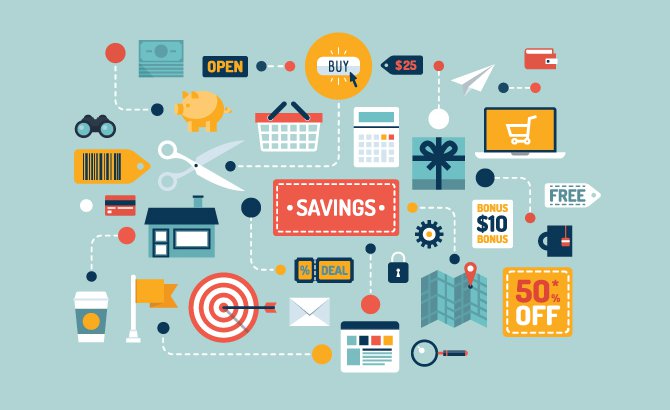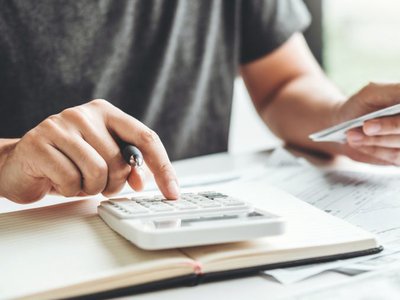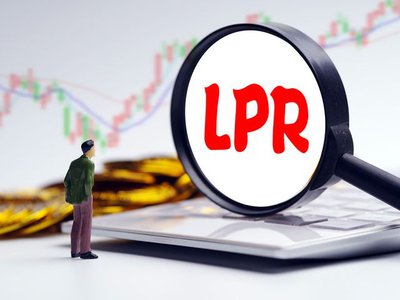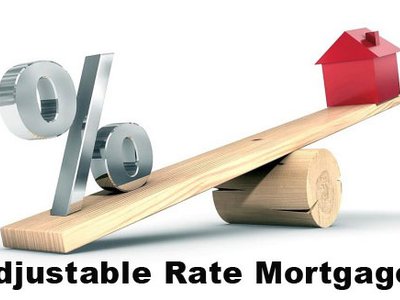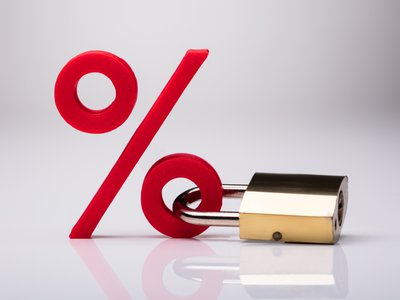You're a member of a very large club. The truth is, it is almost impossible to control your expenses, pay off outstanding debt, and achieve financial independence without first establishing a budget.
Woody Allen once described a stockbroker as "someone who takes all your money and invests it until it's gone". While funny, and maybe not an entirely accurate description, it does seem to illustrate what a lot of people go through every month when it comes to their finances.
Here are a few questions to ask yourself
Do you actually know where your money is going each month? Do you find yourself limping into your next payday with little or no money left? Does your paycheck get eaten up by living expenses? No matter how much you make, does it seem like you can never get ahead?
If you answered "yes" to most of these questions, the chances are good that you haven't started a budget and definitely aren't living on one. To start gaining control over your finances (and stop having money control you) you need to start spending wisely and develop sensible habits. Both of these things begin with a budget.
There's no way to sugar-coat it - budgeting can be hard. It will require patience and commitment on your part but the rewards can be great! The first thing you need to do is take an honest look at your overall financial picture. This means knowing where your money is going every month, down to the proverbial last penny. Once you have done this, you can better assess where changes need to be made.
Before you actually plan your budget, take some time and write down what is really important to you. Maybe your dream is financial security. Maybe it's buying a home. Perhaps you want to travel the world. Everyone has different hopes and desires. Next, list your short-term and long-term goals. What would you like to accomplish financially in the coming six months? In a year? Two years? The important point is to have a plan which leads towards your goal.
You need an accurate figure for your total monthly net income. This number should be the amount you actually take home, after taxes and any other regular deductions. Include all sources of income in the total also.
Now you need to calculate your monthly expenses
This may seem overwhelming at first but it's absolutely necessary to arrive at a reasonable budget. For one month, keep track of everything you spend. This means keeping receipts- credit card, debit card, cash purchases, ATM withdrawals, ALL OF THEM. Get a shoe box or some other container and put your receipts in it at the end of each day. Having receipts not only shows you how much you spent but also exactly what you purchased. You may be surprised when you go back over them how all those lattes and "impulse" buys add up. If you truly want to succeed with your budget, you have to know how much money you're spending and what you are spending it on.
Next, you need to make a list of your fixed expenses. These should be fairly easy to calculate. Typically, they are rent/mortgage payment and any type of loan payment including auto. Some monthly expenses vary. They would include utility bills, cell phone and credit card bills, and insurance. You should also list food, entertainment, and gasoline expenses. It's important to list an honest amount for these expenses" not what you wish you were spending.
Now you can start to plan your budget
Write down all of your expenses and then list your income. This is the simplest way to determine exactly how much money you have, where it is going, and if there is any left over each month (there may not be). Don't be discouraged if your expenses are more than your income. This is a very common occurrence in today's economy.
Look for ways to cut costs. If you've discovered a lot of your money is going to gourmet coffees, expensive lunches or frequent dinners out, brew your coffee at home and take it with you. Occasionally make a sandwich and bring it to work. Try to plan ahead for dinners so that you aren't forced to go to a restaurant all the time. Budget-wise, eating at home is nearly always less expensive than going to a restaurant. Remember that small changes, over time, can result in big savings.
Take an honest assessment of your spending habits. If you are an "impulse" buyer, try staying away from the mall for a while (or your favorite shopping website). If you do see something you want, try the "one week" rule. Give yourself one week to think about the purchase and then see how you feel after seven days. Many times people find that the initial "thrill" is gone and the item seems unimportant.
A really good way to help control what you spend is to put away your credit cards and operate on a "cash only" system. Statistics have found that people who use cash to pay for their purchases generally spend less than people who use credit cards. Try it and see.
Start saving. This may seem like an impossible task especially if your cash flow has more going out than coming in. But it's important. If you can save $5-$10 a week from other expenses, that's a place to start. The ideal situation is to eventually have at least three to six months of income in savings. Some employers will deduct an amount you specify from your regular paycheck and then deposit it directly into your savings account. Many people find this a perfect way to save because they never see the money or have to deal with it directly. The key is to find what works for you and go with that.
Lastly, remember that your budget is somewhat flexible
It's not written in stone. Keep up with your finances and routinely go over your budget. Do you feel like your spending habits are improving? Are you more aware of what things cost and exercising better judgment when making a purchase? For a budget to work, you have to be able to follow it and see progress.
The small steps you take now can deliver big financial rewards over time. Saving and budgeting can seem difficult at first but after a while, they become very empowering. Begin now to take control of your financial future.

